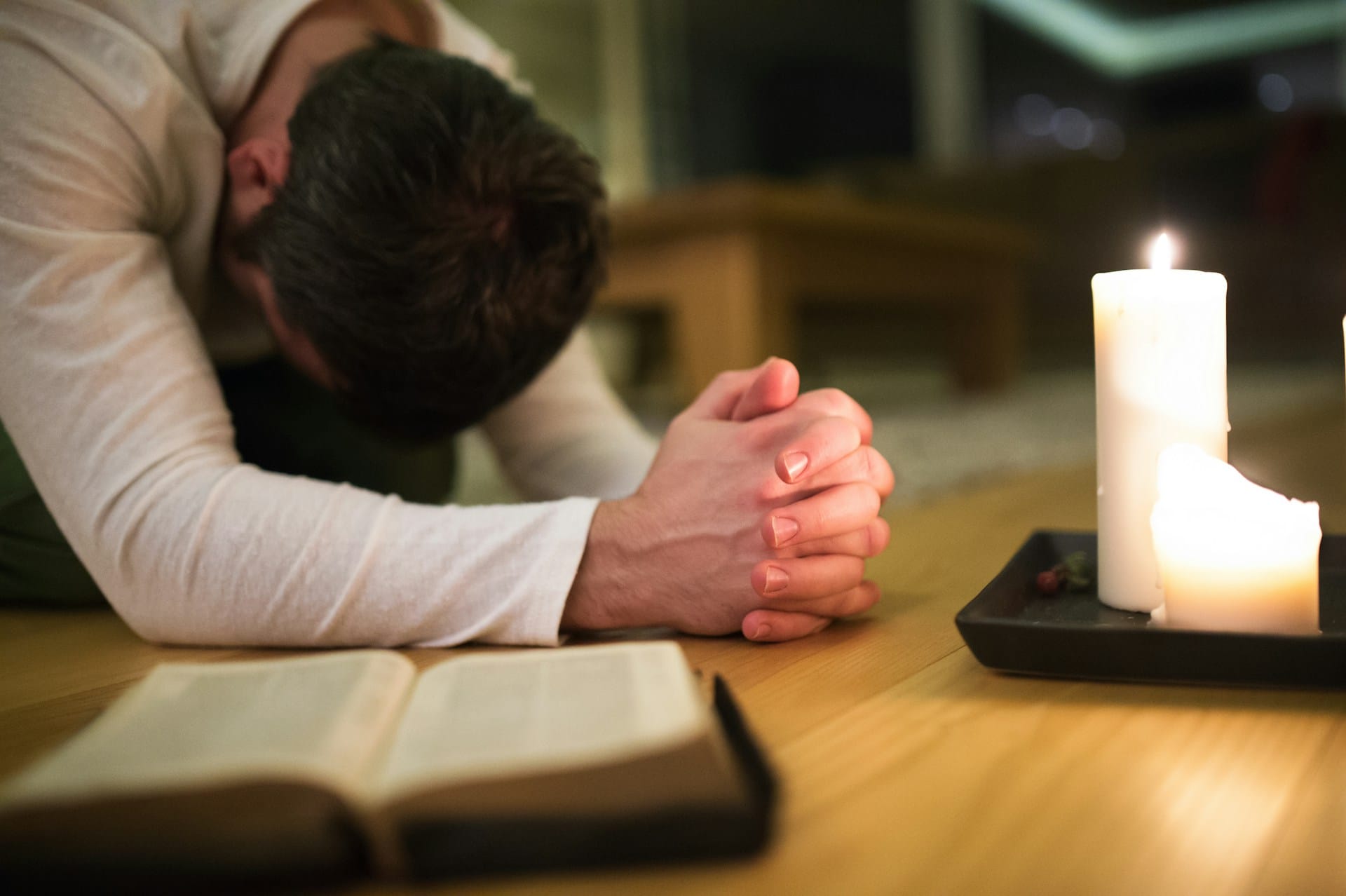Movies, media, and memes have jested about the plight of the single protagonist left to the mercy of prying, though well-meaning family. Whether seated around the holiday table or enjoying a barbecue with friends and family, unmarried relatives are targeted, cornered, and interrogated. In a society that glorifies couples, tension surfaces when others offer unsolicited opinions about our romantic life as singles.
Our holistic needs and concerns seem minimized in relation to those of our married counterparts. For those of us whose single life has been imposed by spousal death or divorce, extended due to education, career, or not yet finding a match, those feelings of exclusion also creep from culture into the churches where we fellowship. At Rowlett Christian Counseling, we recognize the unique experiences and emotional needs of singles and offer compassionate support to help you navigate this season with hope and purpose.
Our leaders may mean well, but they may not have experienced widowhood, divorce, or an extended period of singleness. They may lack empathy, insight, or feel insufficiently equipped to teach or offer programming that addresses singles’ raw needs. Outreach and events for a variety of subgroups get spotlighted, but singles are seated at the “kid’s table” of ministry, often lumped with those whose demographics and needs may vastly differ.
Between later marriages and climbing divorce rates, unmarried believers comprise a significant portion of our congregations, but ministry has not necessarily adapted with the change. The church has room to grow in how it engages, disciples, and serves singles as valued and integral parts of the body of Christ.
Dueling Desires
 For singles, navigating desire is at the core of many external and internal conversations, whether public or private, secular, or spiritual. Enter the contrasting narratives. The world clamors endlessly about sex, but by contrast, the church seems curiously silent. We need strategies in how to walk out our single state, desiring God, and fulfillment in all the ways we are created.
For singles, navigating desire is at the core of many external and internal conversations, whether public or private, secular, or spiritual. Enter the contrasting narratives. The world clamors endlessly about sex, but by contrast, the church seems curiously silent. We need strategies in how to walk out our single state, desiring God, and fulfillment in all the ways we are created.
The body of Christ doesn’t need to take cues from a system whose patterns oppose God, but rather explore and unapologetically address what the Bible says. Between being in the world, but not of it, we find ourselves caught in the middle, sometimes not knowing how to handle these extremes.
A Tale of Two Worlds
On the one hand, the world parrots that we can do as we please with our own bodies. On the other hand, we as Christ’s followers, are one body with Jesus and we don’t belong to ourselves (1 Corinthians 12:27). We are vessels and living sacrifices, inhabited by the Holy Spirit (2 Timothy 2:21; Romans 12:1-2). He is always with us, in everything we think, say, and do, which can be both comforting and eye-opening.
Unintentionally, we dishonor God when we don’t honestly share and inquire His guidance with the legitimate desires for marriage and sex that He’s planted within. Sometimes, our minds churn with anxious chatter. We gather every opinion but God’s, or we dominate the prayer conversation such that we don’t listen for the value He wants to impart.
In Genesis, He gave creation’s benediction, declaring that everything He made was good. It delighted and brought Him joy to form the world and a man and woman to inhabit, fill, and subdue it. God originated the idea of marriage and sexual pleasure. Like everything else, they were created to glorify Him as couples came together in the covenant that He established.
Dethroning Shame
Instead of celebrating sex from a covenant perspective, we turn away, blushing in shame. Instead of pursuing His heart with our curiosity and questions, we seek the world’s skewed notions about expressions of intimacy. As with many issues related to shame, Genesis reveals that sin perverted what was pure.
Throughout history, the world has mocked the purity of God’s creation by reducing sex to a pleasure token in transactions that feed fear, lust, and pride. Where God would want us to reclaim our authority and dethrone shame and stigma, residue of the enemy’s fingerprints proves his attempt to distort and destroy the image and intention of our good, sovereign, and holy God.
Deconstructing Stigma
We see the evidence in our own lives today. We want what God has for us, but we attach stigma and shame to having desire, instead of acknowledging that we want marriage and all of its benefits.
Like Adam and Eve in Eden, we hide and retreat under false religious cover, instead of asking God to bless us with His gifts of connection and pleasure. Running to other outlets only frustrates. We don’t need to ask God to remove the desires He’s given, but rather invite Him to redeem it.
May these words of my mouth and this meditation of my heart be pleasing in your sight, Lord, my Rock, and my Redeemer. — Psalms 19:14, NIV
Redemption is Your Story
At its core, redeem means to buy back, make amends, discharge a debt, or exchange payment. Jesus paid with His life to reconcile us into a right relationship with the Father. His redemption provides mental and emotional healing if we have encountered trauma or unresolved pain surrounding our unmarried status, whether due to divorce, being widowed, or experiencing an extended single season.
Regardless of what we have wrestled with, the lavish love of God settles the tax that sin and stigma have leveraged against our faith and confidence. He welcomes us to ask Him to fulfill the desires He has intentionally placed in our hearts, unencumbered by shame and the accusing voice of our enemy.
Building Your First Covenant
While we are praying and walking our single season with God, we may need to consider what we are building. Before saying “I do” to any person, Jesus, as bridegroom and redeemer, is our first love. Active relationship with His spirit, develops the character that enhances all other connections. Prioritizing our first covenant with Him helps us to wisely steward our current season while we wait and prepare to receive God’s will and desire for us (Ephesians 5:15-17, NASB).
Building the Foundation
Our desire for marriage is more than date nights, romance, and the multi-dimensional connection we want to experience with physical and emotional intimacy. We may have desires for the covenant and the benefits of connection, but responsibility is part of it. During our unmarried season, we partner with God to grow into maturity.
Even if we haven’t yet met our future spouse, the Holy Spirit is working to make us a temple for His dwelling. As we become healthier, as individuals and in existing relationships, we build up the foundation for a thriving marriage and future.
For our light and momentary troubles are achieving for us an eternal glory that far outweighs them all. — 2 Corinthians 4:17, NIV
Building Character
As we grow in grace, God builds in us the kind of character that enables us to trust Him. Through our trials, including the challenges associated with singleness, we mature the fruit of the Spirit (Galatians 5:22-23). These attributes permeate every part of our life and enhance the mental and emotional wellness that will fortify our marriage before it begins. Building our character with the Holy Spirit equips us to be a better self in every area.
Next Steps
God, in His loving kindness, wants us to come to Him with everything. When we realize that His throne of grace is not for us to approach with an unhealthy fear, but rather with reverence and esteemed affection, it changes us and the way that we pray. We dethrone shame and stigma when we openly share our hearts with God. We realize that everything about us is known and open to Him, yet we are still completely loved and accepted (Hebrews 4:13).
You’ve got questions, and God has answers. You have desires, and He has fulfillment. You don’t have to run anywhere, but to Him, expecting to find redeeming grace and mercy that awaits your times of need (Hebrews 4:16). As you seek support to navigate singleness or struggles with shame consider a counselor to help you.
Reach out to us at Rowlett Christian Counseling today and we can connect you to a Christian counselor to start this journey with you. May you discover the courage to build with God into the future He’s created you for and caused you to desire.
“Woman holding a cup of coffee”, Courtesy of Unsplash.com, Unsplash+ License.
- Kate Motaung: Curator
Kate Motaung is the Senior Writer, Editor, and Content Manager for a multi-state company. She is the author of several books including Letters to Grief, 101 Prayers for Comfort in Difficult Times, and A Place to Land: A Story of Longing and Belonging...
DISCLAIMER: THIS ARTICLE DOES NOT PROVIDE MEDICAL ADVICE
Articles are intended for informational purposes only and do not constitute medical advice; the content is not intended to be a substitute for professional medical advice, diagnosis, or treatment. All opinions expressed by authors and quoted sources are their own and do not necessarily reflect the opinions of the editors, publishers or editorial boards of Stone Oak Christian Counseling. This website does not recommend or endorse any specific tests, physicians, products, procedures, opinions, or other information that may be mentioned on the Site. Reliance on any information provided by this website is solely at your own risk.





